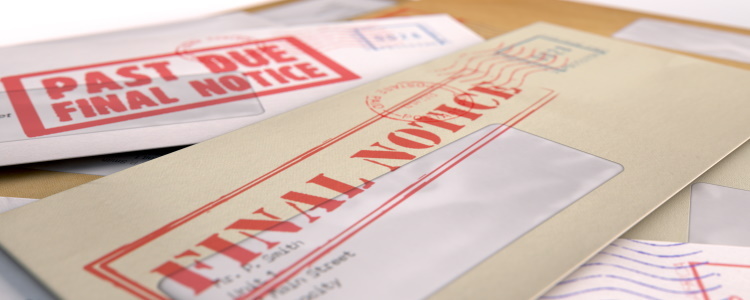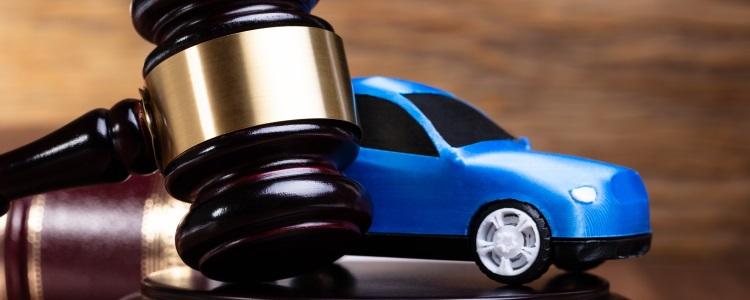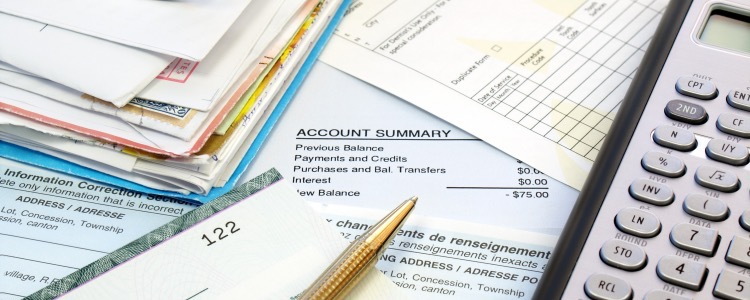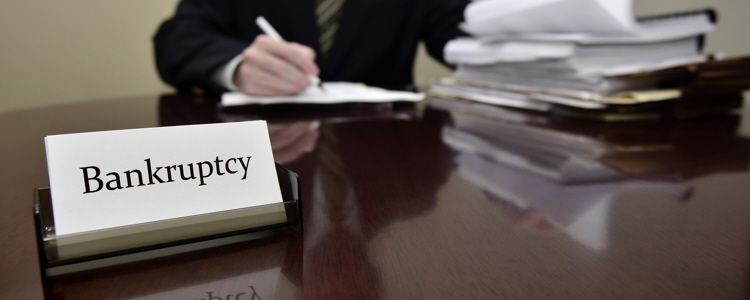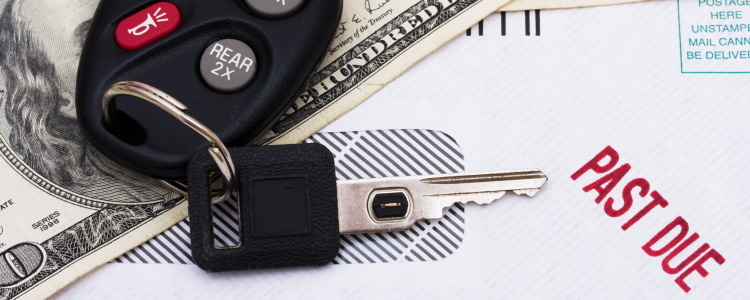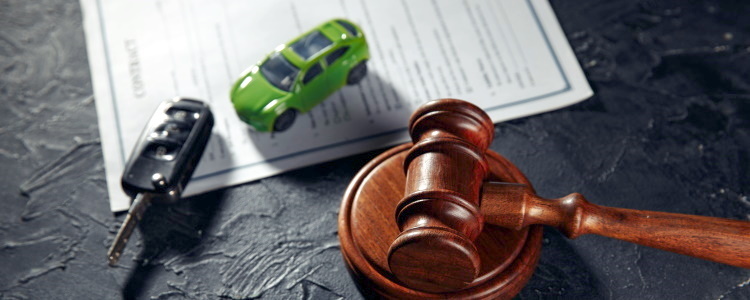Just because a debt is discharged or resolved, it doesn’t mean that it’s removed from your credit reports. Bankruptcy can help borrowers that are unable to pay their debts, but it can’t remove things off your record. Negative marks on your credit reports can remain for several years, including vehicle repossession.
Does Bankruptcy Remove Repos?
Filing for bankruptcy doesn’t remove negative marks from your credit reports. Personal bankruptcy – Chapters 7 and 13 – is designed to help you pay down your debts by either liquidating your assets, or crafting a repayment plan based on your situation to repay your creditors. At the end of the bankruptcy, most unsecured debts that aren't repaid during the process are typically eligible for discharge – meaning you’re no longer obligated to pay for it.
If you had a car repossessed, it shows up on your credit reports for seven years, even if you’re in bankruptcy. Additionally, a Chapter 7 bankruptcy remains for up to 10 years, starting from the day you file. Almost everything else, including timely payments and Chapter 13, sticks around for seven years.
What Can Bankruptcy Help With, Then?
While bankruptcy can’t wipe your credit reports of a repossession, it could assist you with a deficiency balance after a vehicle repo.
A deficiency balance is what you owe the lender after the car is towed away. This can include recovery company fees, storage fees, and your remaining loan balance. Although you don’t have the car anymore, you’re responsible for paying the lender what you owe that wasn't covered by the sale of the vehicle.
However, if your car was repossessed before you filed for bankruptcy then your deficiency balance could be eligible for discharge.
Additionally, filing bankruptcy puts an automatic stay into effect, which halts all collection attempts on you. This allows you and the court to sort out your debts during the bankruptcy process. It’s temporary, but most credit reporting action and attempts to collect a debt are paused while your bankruptcy case is open (aside from child support, criminal matters, taxes, and other family court matters).
Can I Get a Car During Bankruptcy?
If you recently had a vehicle repossessed, you may need another auto loan before you complete your bankruptcy.
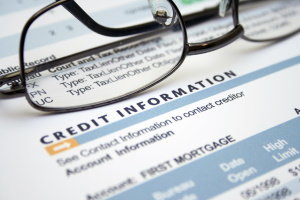 To qualify for a car loan during bankruptcy – no matter which bankruptcy you’re in – you must get court permission. You have to wait until after your 341 meeting of creditors to take on new debt. And, you’re likely to need the assistance of a bad credit auto lender such as a subprime lender or a buy here pay here (BHPH) dealer for vehicle financing.
To qualify for a car loan during bankruptcy – no matter which bankruptcy you’re in – you must get court permission. You have to wait until after your 341 meeting of creditors to take on new debt. And, you’re likely to need the assistance of a bad credit auto lender such as a subprime lender or a buy here pay here (BHPH) dealer for vehicle financing.
If your vehicle repossession is less than 12 months old, and you’re in bankruptcy, a BHPH dealer may be a good option to explore. Most traditional and subprime lenders don’t assist borrowers with a repossession that’s less than a year old.
If you filed Chapter 7, the liquidation bankruptcy, then you may have to wait until the bankruptcy is discharged to qualify for a car loan. Since it’s so short, many lenders are unable to assist borrowers in this position. It may be difficult to obtain court approval to get a car loan during Chapter 7, as well.
If you filed Chapter 13, the repayment bankruptcy, you typically have a higher chance of getting a car loan while your bankruptcy is active. Chapter 13 lasts for years, and many borrowers rely on transportation to continue their Chapter 13 bankruptcy repayment plan.
Bad Credit and Bankruptcy
To qualify for any car loan you need to meet a lender’s requirements. This means having enough income, possibly a down payment, proof of residency, personal references, and meeting credit score requirements.
Unfortunately, having a repossession on your credit reports can devastate a good credit rating. Bankruptcy can cause major damage, as well, making it tough to find a lender that’s able to assist you with vehicle financing. But here at Auto Credit Express, we want to lend a hand!
We’ve cultivated a coast-to-coast network of special finance dealerships over the last 20 years, and we want to help you get connected to a dealer in your local area. Complete our auto loan request form and we’ll look for a special finance dealership near you, at no charge and with no obligation.

